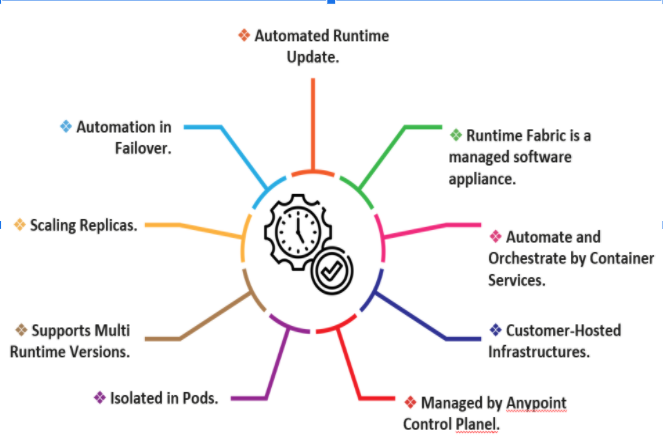Introduction
MuleSoft announced the general availability of Anypoint Runtime Fabric on Azure Kubernetes Service (AKS) and Amazon Elastic Kubernetes Service (EKS) with the v1.8 release. Release 1.8 allows two flavors of Runtime Fabric as follows:
- Runtime Fabric with Mule Appliance.
- Runtime Fabric with BYOK (Bring your Own Kubernetes).
RTF with Mule appliance is shipped with mule appliance and is packaged with its own Kubernetes. Therefore, it allows enterprises and implementing partners to take advantage of cutting-edge technologies such as Kubernetes and docker without knowing much about them. However, these days, most enterprises are moving towards the cloud and have embraced these technologies.



